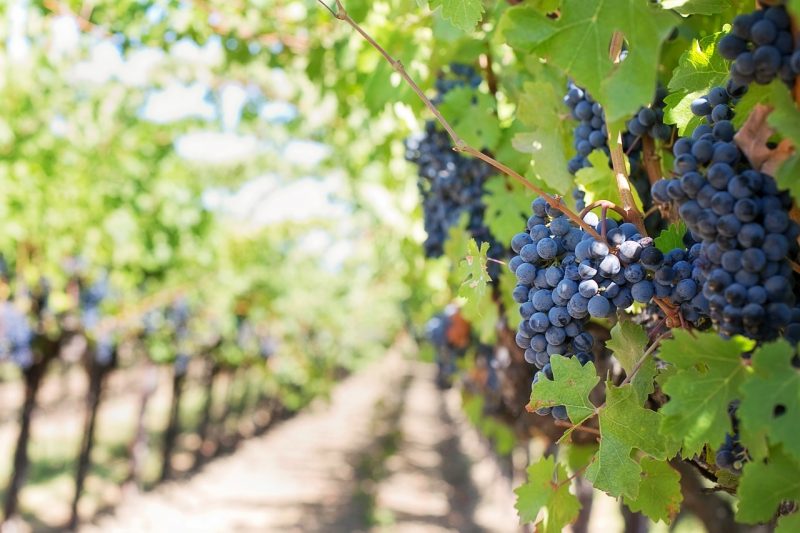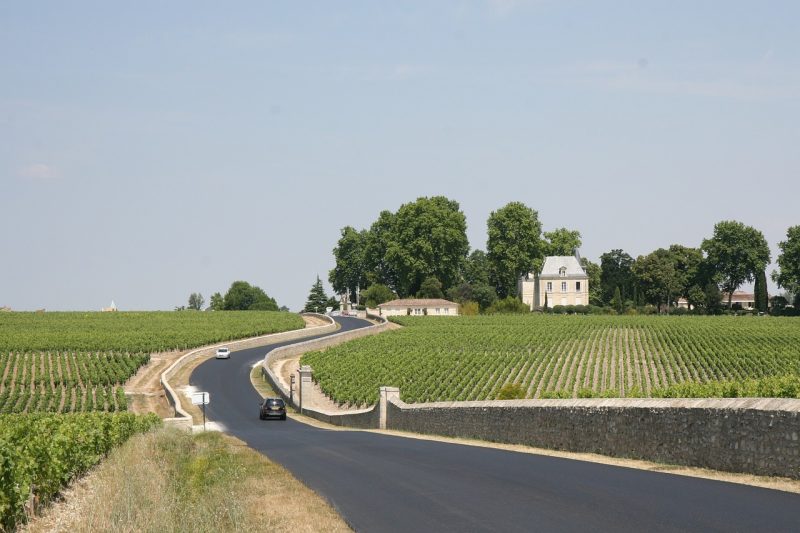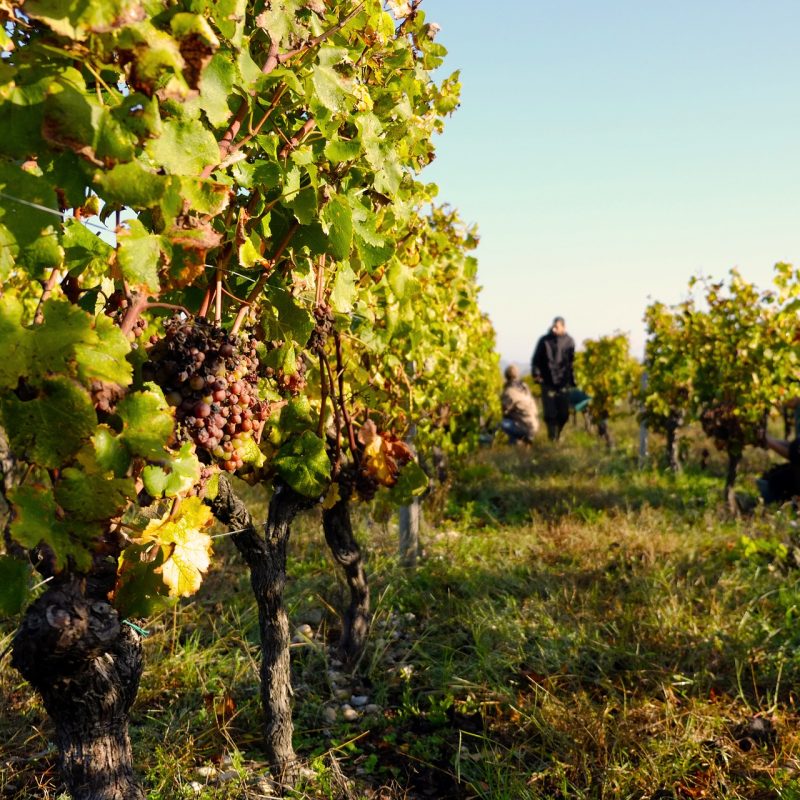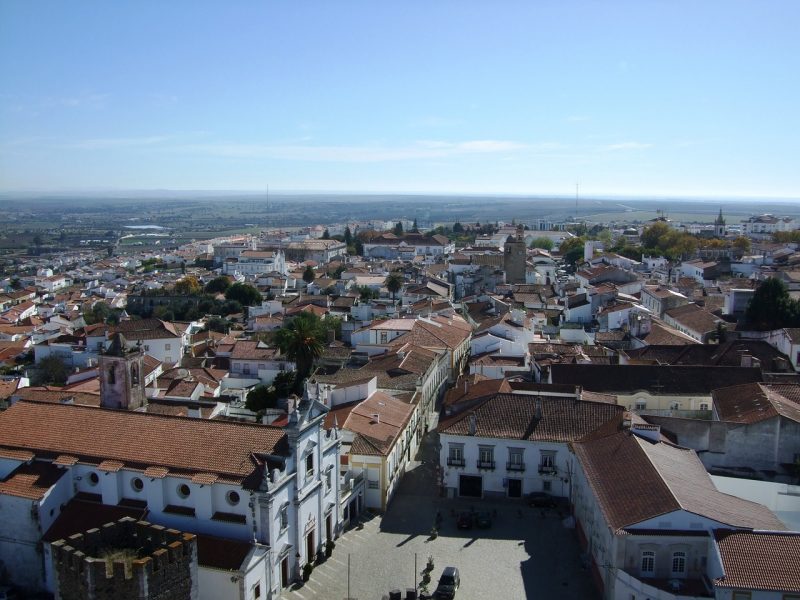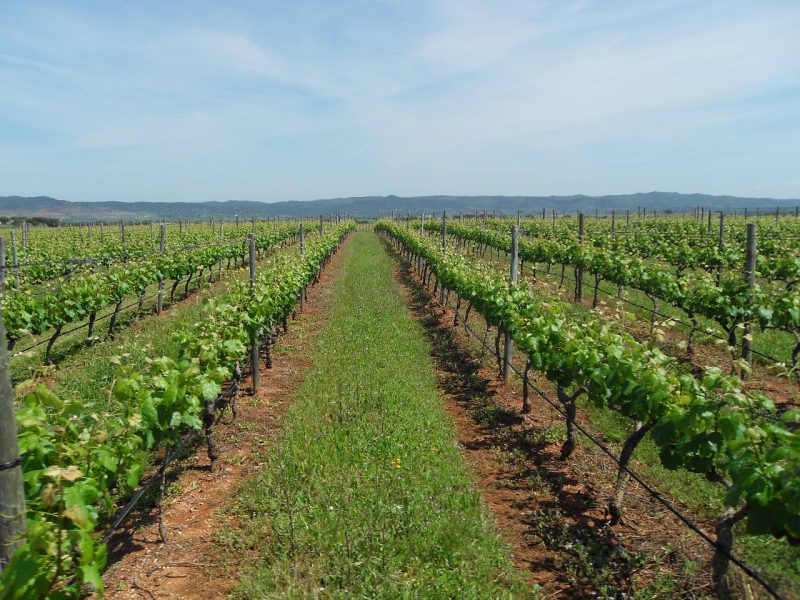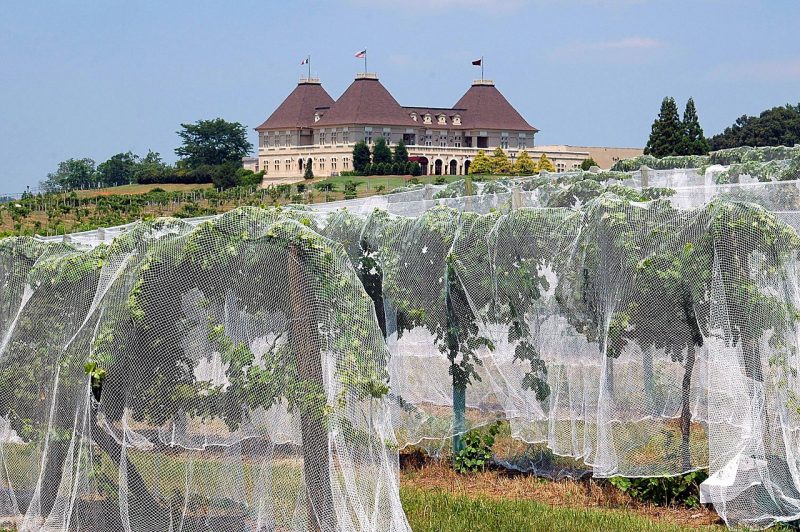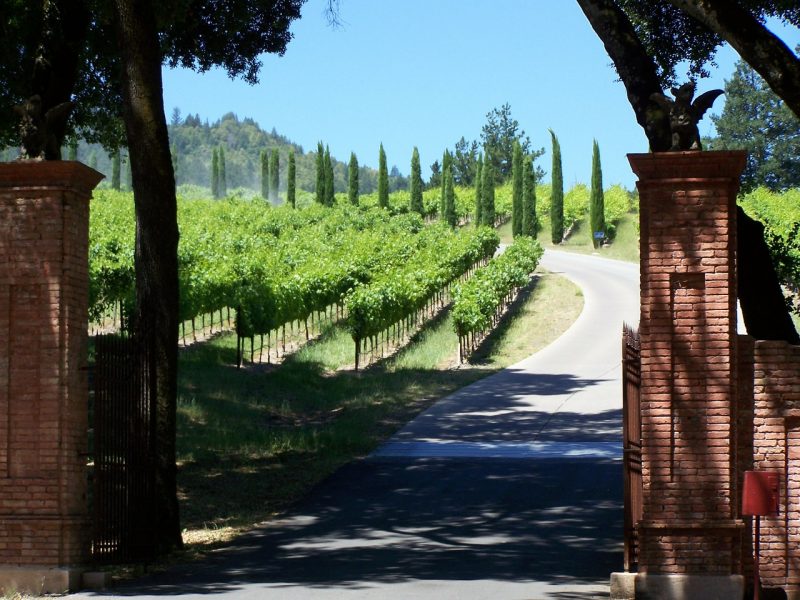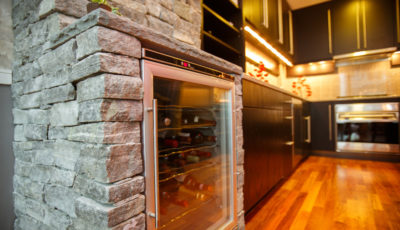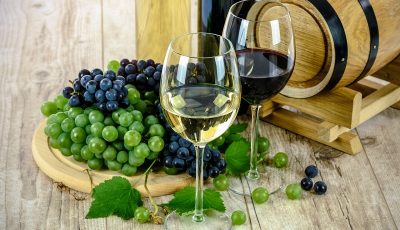Top 3 Destinations for your 2018 Wine Tour
Whether you’re a casual wine drinker or a budding sommelier, wine tours and tasting events are a fun way to learn more about your favourite wines, taste new blends, and maybe find your new favourite bottle. Wine tourism has increased over the past few years—in California, some estimate it contributes $2 billion a year to the economy, while the Wine Routes of Spain have seen a 15% increase in revenues.
Wine tours can be literal tours, with a guide taking you around a vineyard, or simply tasting sessions of the various blends a winery offers. Each country brings its own spin to the classic tipple, and the tastes change from region to region, due to differences in grapes and climate. With each country offering something unique, choosing where to visit for your wine tour can be difficult. We’ve rounded up the three destinations around the world, which offer fine wines you should try this year.
Bordeaux, France
This city in southwestern France is world renowned for producing some of the finest wines, whether it’s a casual bottle for the dinner table, or a prestigious blend that’s been aged to perfection. It’s no wonder that Bordeaux welcomes millions of visitors every year, and is the second most visited city in France, after Paris, as wine-lovers flock there to sample new bottles of its famous reds. The London Wine Cellar lists Bordeaux as the home of more than 70 varieties of fine wine, far more than any other single region. Over 90% of wines produced in Bordeaux are red, and Cabernet Sauvignon and Merlot vines first originated in the city.
According to Wine Folly, the primary flavours found in a full-bodied Bordeaux red include blackcurrant, plum, cedar, violet, and graphite. Bordeaux boasts a massive 7,375 wineries and vineyards, producing more than 10,000 different wines with each vintage. Despite being one of the most famous wine hubs in the world, Bordeaux still yields many affordable wines, thanks to the fact that great vintages come along pretty frequently—as frequently as once or twice every five years, in fact.
Alentejo, Portugal
The Alentejo region in south Portugal makes up almost a third of the country, giving it a wide variety of soil and making it perfect for producing a range of grapes. Whether it’s a smooth red or a tropical white, wine lovers are sure to find a blend to suit them in the sunny region. In the past, the Porto region was acclaimed as the Portuguese destination for wine drinkers, thanks to the production of fortified port wine. But now, the unspoilt landscapes and slow pace of life of the Alentejo region is welcoming visitors from around the world. As well as wine tours, visitors to the area can take in the culture at the capital of the province, the Historic Centre of Évora, which is a UNESCO listed site, and is the former residence of the Portuguese kings.
From quaffing wines to fine wines, the Alentejo region is known for its full-bodied red blends. The moderating factors of elevation and cool nights produce balanced reds, but the white Antão Vaz grape is the region’s most prized variety. According to Wines of Portugal, the large fruit produces “firm, full-bodied, well-structured wines” with a vibrant aroma. Last year, the Wines of Portugal Challenge was hosted in the Alentejo region, which managed to acquire the most gold medals.
Napa Valley, California
California’s Napa County is home to one of the most popular wine regions in the world. The Valley has long been the most-attended wine tasting region in the United States, and it welcomed 3.5 million visitors in 2016. The region’s premium wines are enjoyed all over the world, and wine enthusiasts can take advantage of more than 450 wineries that are open for tasting in the area. Known for its bold reds, Napa Valley produces some of the best blends with the famous Cabernet Sauvignon, thanks to its unique microclimate and the fact that there are six different types of soil available to wineries.
With the sheer number of wineries in Napa Valley, visitors can either book their own tours by the day at their chosen vineyard, or take advantage of a package wine tour of a few different vineyards. The Napa Valley Wine Train, for example, connects some of the best wineries in the region, making it an easy way to sample a broad range of wine from the area.
Regardless of whether you consider yourself a wine buff, taking part in a wine tour will teach you more about the different notes and flavours wines can have, and how to identify them. Visiting wineries can introduce you to new flavours you may not have tried, and may even help you find a new favourite wine. Next time you’re asked to sample the wine in a restaurant, you can show off the skills you learned on your wine tour, or even impress your friends by recommending a good vintage bottle.

